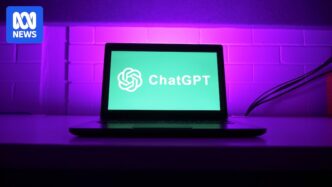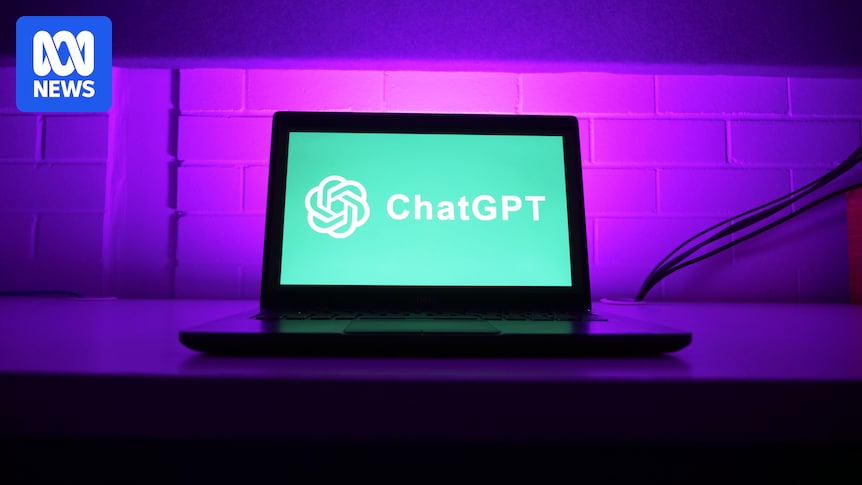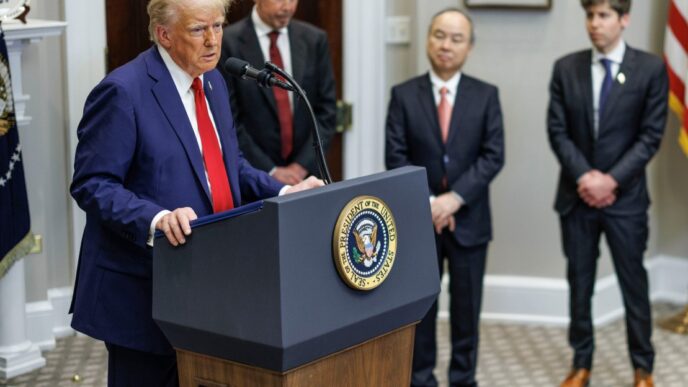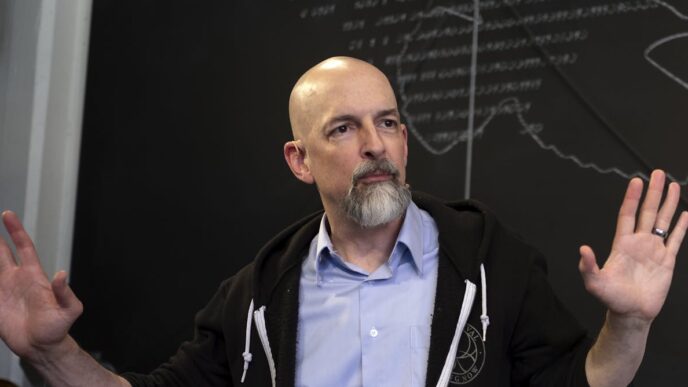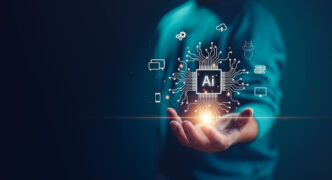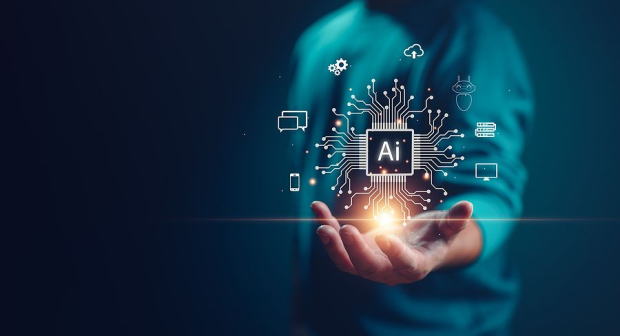Lismore law firm Parker Kissane rolled out an AI program 12 months ago to speed up complex case summaries and handle accounting and admin tasks. Solicitor Kelly Waring says AI hasn’t fully transformed the game yet, but it’s coming.
"It hasn’t totally changed the game just yet, but it is on its way,"
she said.
New research from the University of Sydney Business School warns that automation will hit young lawyers hard — especially women. Female grads dominate legal fields like contracts and due diligence, where AI is reshaping jobs first.
"Women make up the majority of legal graduates today, but they’re concentrated in areas that are most vulnerable to automation, AI,"
said lead author Meraiah Foley.
Young lawyers now face pressure to prove their value immediately — adapting fast or falling behind.
"This puts a really significant burden of adaptation on younger workers. They have to go above and beyond to prove themselves,"
Foley added.
In the US, AI is already driving up graduate unemployment to 5.8%, especially in technical fields. Australia hasn’t seen such a hit yet, but experts warn it’s just a matter of time.
Recruitment director Clinton Marks says AI is reshaping tasks, not wiping out grad jobs—mundane work like reporting and spreadsheet reconciliation is being taken over by generative AI.
Murray Cassar from the Tax Institute calls AI a “superpower” for grads, helping them analyze big data faster. He’s noticed fewer graduate roles at major firms but believes this is due to market dips, with mid-tier firms stepping up hiring.
UNSW expert Michael Legg says graduates can’t ignore the impact of digital tech.
"You can’t sit still [as a graduate] and think, ‘Oh it’s not going to have an impact on me because you know I’ve got a law degree,’"
he said.
He stressed new tech skills and interpersonal savvy are must-haves now.
Fourth-year law student Stella Hayes, who works at Parker Kissane, says AI is already embedded in daily work.
"It’s an awesome tool you can use for administrative tasks like preliminary research and creating briefs,"
she said.
Waring expects AI to redefine legal support roles.
"Their skill set is simply going to change to a minimum of, ‘How do I prompt and review AI?’, and ‘How do I check and cross reference AI with reality or advice from a senior lawyer?’",
she predicted.
On AI as DIY legal help, Legg believes simple legal questions will soon be handled by tech — which could boost justice access but also risks mistakes.
Waring isn’t worried about losing work to AI tools.
"As a litigator, the cheeky part of me wants to say that’s going to generate a lot of work for me,"
she said.
She pointed to failed post office will kits as analogies.
"Answering questions in AI just does not take into consideration, some random, specific circumstance in your life that completely changes [your legal position], but you just don’t have the mind to disclose it to the Bot."
Waring envisions courts fully digitized with AI reducing paperwork and USB data transfers — like the progress seen in conveyancing.
Hayes and her peers, facing steep student debts, are cautiously optimistic about AI.
"It’s such a new thing and I don’t think people have really grappled with the technology and where it can go.
I mean if you were a personal trainer, ChatGPT could take your job and create meal plans and work-out routines.
But for me, I don’t think my job is at threat … Well, not yet."
Solicitor Kelly Waring introduced an AI program to the team’s workplace 12 months ago. (ABC News: Cath Adams)
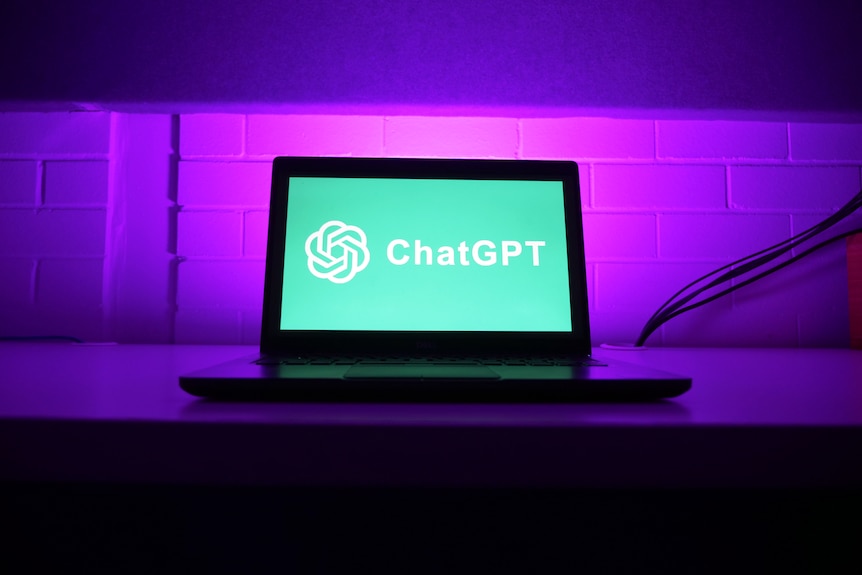
Some experts believe AI could revolutionise the legal system by absorbing all the "paper shuffling". (ABC Gold Coast: Dominic Cansdale)
